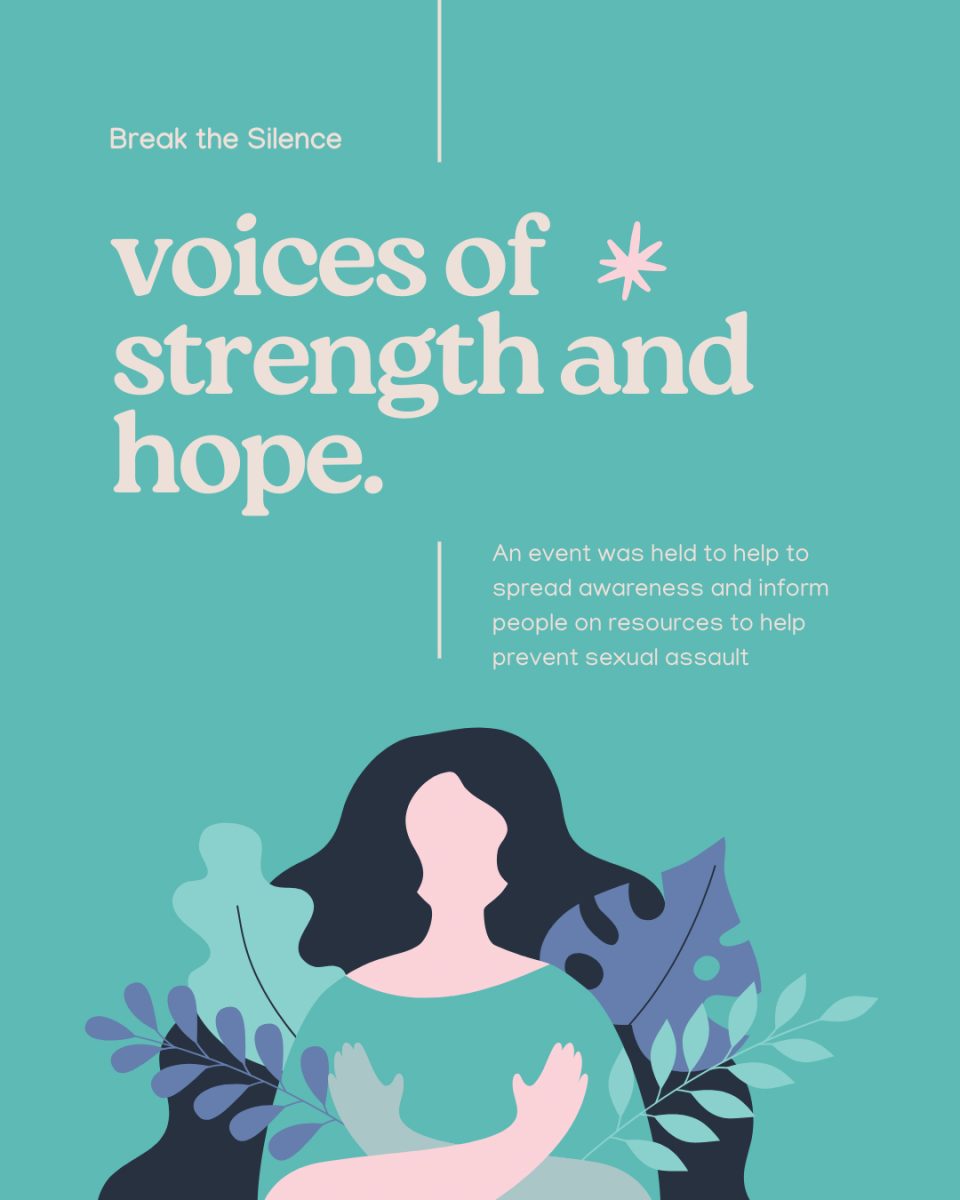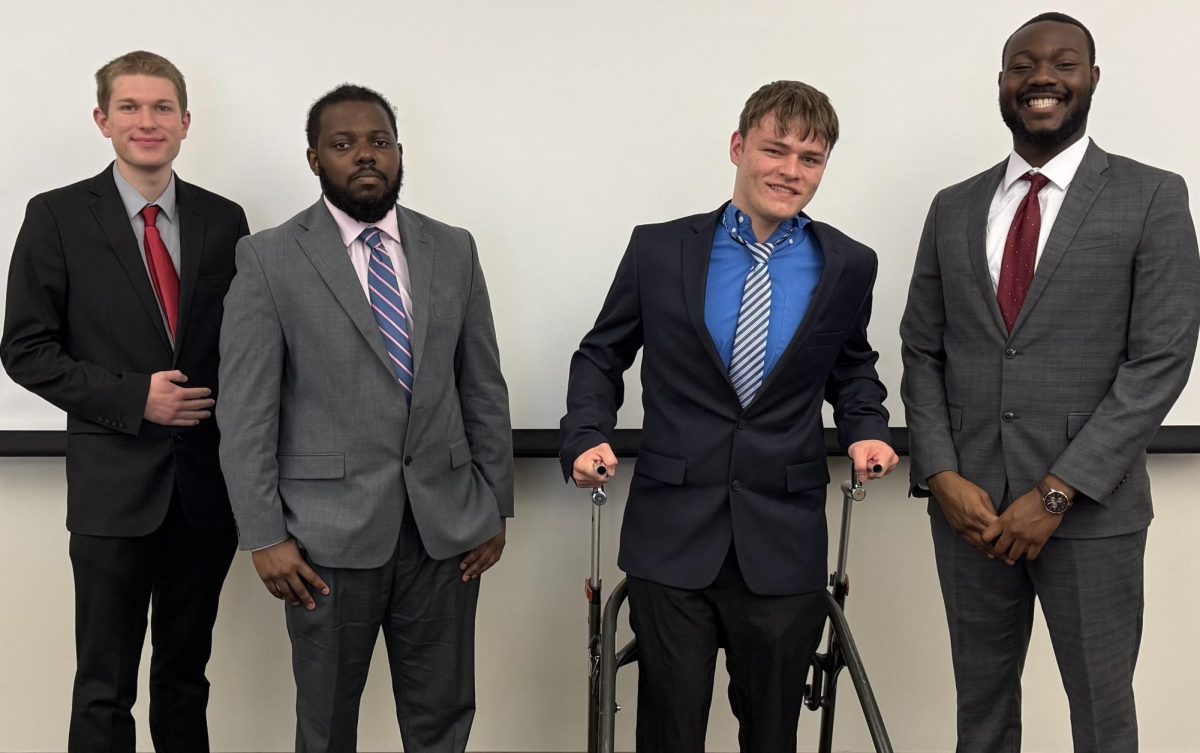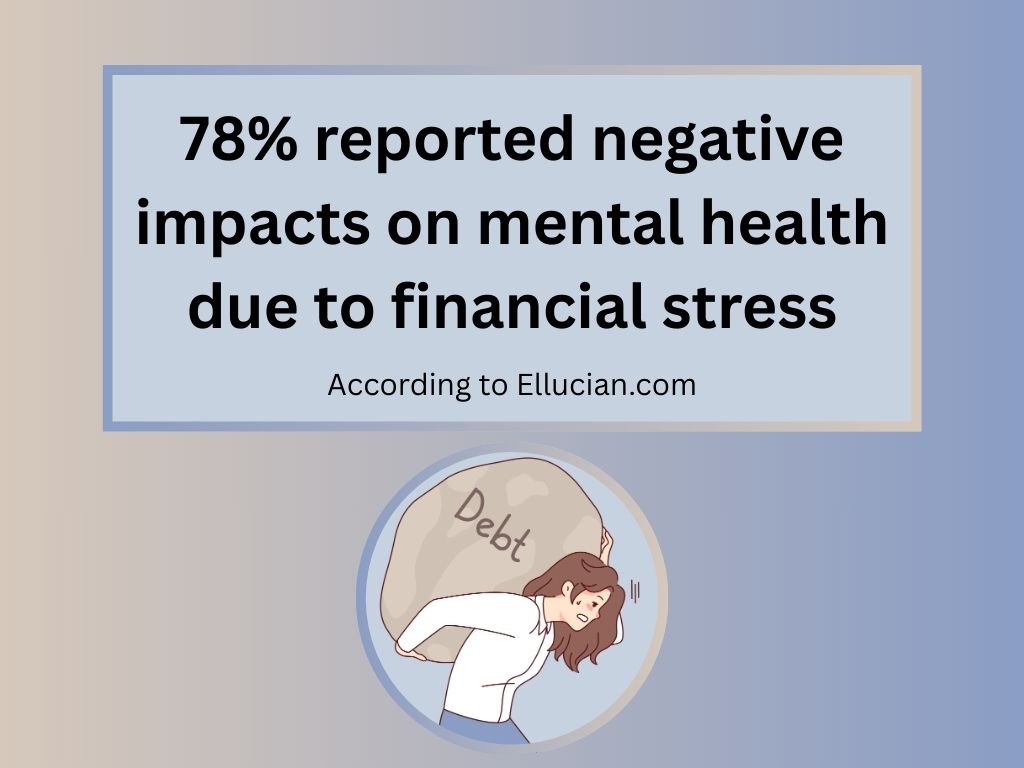404 society merges online and on-campus communities through the world of cyber security

September 7, 2016
If you are interested in joining a UIS student organization in which you can learn about computers, cybersecurity, cyberwarfare, and how to maintain your digital privacy in an increasingly digital world, then you might be interested in joining 404 Society.
According to the 404 Society President Paula Jean Kawal, who happens to be “the first online student to serve as an officer for a UIS student organization,” 404 Society was founded by several UIS students “with the purpose of educating the population on cyber-attacks and computer security techniques.”
“Over the years we’ve expanded the mission [of 404 Society] to include hands-on experience in identifying attacks and hardening networks to give students going into these fields a chance to develop the skills they [will] need to stand out and compete in the workplace,” said Kawal.
Kawal, who lives in the Seattle area, also notes that her election as the first online student officer of a UIS student organization has “inspired [the 404 Society] to make [its] events accessible to every student in the UIS community, integrating the on-campus and online students into one large security community.”
According to Kawal, 404 Society, which now has 97 members, gets its name from the “Not Found error message, [which is an] HTTP (Hypertext Transfer Protocol) standard response code used in computer network communications to indicate the client was able to communicate with the server, but the server couldn’t find was what requested.”
Kawal further noted that the founders of the 404 Society “thought to connect our group to ‘the unknown’ behind the scenes, goings-on in computer networks in one way and in another it is a little tongue in cheek.”
So what does 404 Society do and what could a prospective member expect to gain by joining such an organization? Well, Kawal said that “data security is becoming more and more vital to each and every one of us. We want to keep our personal information safe; we want to be able to avoid risky behavior and be able to identify if an email or a phone call we’ve received is suspicious in nature.”
This desire for personal data security, believes Kawal, has inspired greater interest in the security of information systems, and 404 Society aims to address that interest and “improve the quality of life of those around us via information security.”
Logistically speaking, said Kawal, “Our student organization takes a challenge-based, learn-as-you go approach, because we think people learn best by performing a skill and having an experience of absorbing and working through information,” a process Kawal likened to “solving a puzzle or a mystery.”
The organization releases these “challenges” every Friday, with the activity closing the next Monday. “[T]he solution is released the very next day,” added Kawal.
Besides the challenges, 404 Society also participates in “capture-the-flag style competitions that allow us to safely practice intrusion detection and network hardening skills on a larger scale.”
“Our current competition focus is the National Cyber League’s Fall Season,” said Kawal. “On Sept. 13, 404 Society is hosting the NCL commissioner, Casey O’Brien, in a virtual event in which he will answer questions about participating in the NCL, working as a team, and problem-solving.”
Many UIS students are not aware of student organizations like 404 Society. However, Nora Alawi, an on-campus graduate student from Saudi Arabia, is considering joining 404, because, as she sees it, “We live in a time period that offers accessible information with the click of a button. With that being said, most people share their daily life information in social media, which has valuable memories to them. The latter can have great value to others, too, who are seeking to obtain personal information from others that sometimes does more harm than good. For that, awareness has to be obtained in order to prevent the misuse of data and protect it.”
With respect to cyberspace policy, the federal government appears to see things the same way that 404 Society and Alawi see it. In April 2013, the White House released The Cyberspace Policy Review to address security issues around the “globally-interconnected digital information and communications infrastructure known as ‘cyberspace,’ [which] underpins almost every facet of modern society and provides critical support for the U.S. economy, civil infrastructure, public safety, and national security.”
Students interested in learning more about 404 Society, or who are interested in joining it, can go to https://uisconnection.uis.edu/organization/404_Society.
If one requests membership from 404 Society via the above link, “they will receive an email giving them instructions on how to join our website (www.404society.com) and participate in our events,” Kawal explained.












